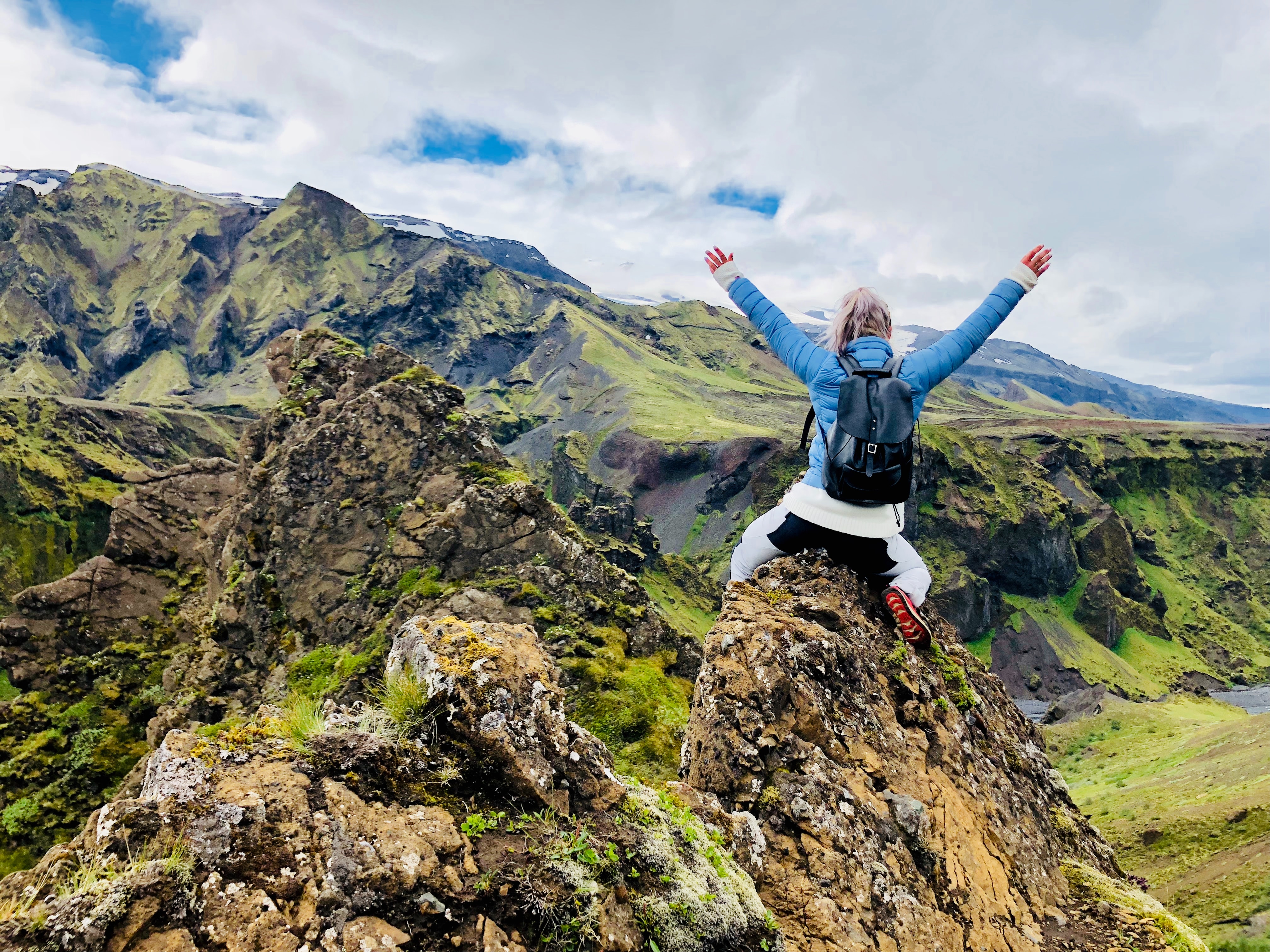Article First Published in The Coach Space
Travel around the globe may be restricted right now but there’s no reason we still can’t explore and enjoy some of the traditions of other cultures.
Doing so can not only help us feel connected in a world that seems off-limits, but also teach us new strategies for combating the uncertainty and challenges we’re currently facing.
So, whether you’re working from home, setting up a new business or trying to manage daily living in a post-lockdown world, here are 5 international words to help you do it all with ease.
Japan: Ikigai
In the midst of the COVID-19 pandemic many of us may have wondered whether we should even bother getting out of our beds – Particularly if we had lost our job, our business had gone bust or the thoughts of another hour of attempting to home-school second-class maths was just too much to bear.
This is where the practice of Ikigai (pronounced Ick-ee-guy) may have come in handy and certainly can be put to use now.
Ikigai is the Japanese tradition of finding a purpose in life and loosely translates as “a reason for being”. It originated in Okinawa, an island in South-West Japan, where the inhabitants are known for their extraordinary good health and long, happy lives.
Rather than retiring, the elders of Okinawa remain active members of their community by taking on tasks that give them purpose.
Discovering what tasks achieve this sense of purpose involves asking four key questions first:
- What you love (your passion)
- What the world needs (your mission)
- What you are good at (your vocation)
- What you can get paid for (your profession).
Denmark: Hygge
During the last decade we couldn’t get enough of the Danish practice of Hygge (pronounced hoo-ga). And why not? Though there isn’t any direct English translation, Hygge is all about that sense of calmness, comfort and cosiness that encourages big-time feelings of contentment and well-being.
Whether it’s curling up in a soft, chunky throw with a cup of cocoa to hand and the last pages of Hilary Mantel’s Wolf Hall to read, or cooking a favourite meal with a loved one, any simple act or state that makes you feel glad to be where you are in that moment is Hygge.
For the Danes, Hygge is particularly helpful in getting them through long, miserable winters, and that makes it’s a pretty peachy tradition to adopt in these days of lockdown roulette.
Hawaii: Ho’oponopono
The Hawaiian tradition of Ho’oponopono is all about learning to forgive. Coming from the words ho‘o (“to make”) and pono (“right”), it’s a spiritual practice that helps individuals and families to move beyond past wrongs, quarrels, misunderstandings and more.
It’s based around the idea that accepting responsibility for everything, even another person’s actions and thinking, can help to shift stubborn perspectives and disconnect with the negativity of any situation.
Once you think about the issue, take responsibility, you then use a simple four-step mantra – “I love you. I’m sorry. Please forgive me. Thank you” – to help you let go of old resentments and accept a happier, healthier frame of mind.
And if COVID-19 has taught us anything it’s that life’s too short to hold grudges – even against ourselves.
Norway: Friluftsliv
Coined by poet Henrik Ibsen in 1859, friluftsliv (pronounced free-loofts-liv) is not just enjoyed by Norwegians but practically all Scandinavian cultures.
It literally translates as “free air living,” but has its roots in the idea that being in nature is essential for physical and mental wellbeing.
Research has proven time and time again that something as simple as a walk in the woods or a hillside hike can provide a powerful reset to an addled mind. The Norwegians and their Nordic neighbours embrace this human need for heartening interactions with nature as essential to their collective wellbeing.
That’s one of the reasons why in Norway, people are lawfully allowed to stroll through or camp practically anywhere. The proviso is that they must show respect for the surrounding nature and wildlife and, if they’re camping on private property (which is their legal right to do), they must stay a certain distance from any buildings in use.
So, while I’m not advocating that we should all head for the hills and start sleeping under the stars, I am suggesting we take advantage of our ability to be outdoors right now and to use that time to explore and appreciate nature.
Spain: Sobremesa
As a resident of Spain, this is one of my favourite Spanish words. Sobremesa doesn’t have an English equivalent though it’s literal translation is “on-table”.
It refers to something really simple and special: the time spent relaxing and chatting with those you’ve shared a meal with directly after the plates have been cleared away.
Eating and enjoying food together is a hugely important part of the Spanish culture and sitting back to shoot the breeze after you’ve filled your belly is like ordering an extra dessert!
Of course, nowadays in most countries, gathering in large groups is not recommended. But sobremesa can be practised with you and just one other or within your own immediate family.
The point is to eat, enjoy – and chill. Something many of us need reminding to do these days.
Photo by Charlotte Karlsen on Unsplash


